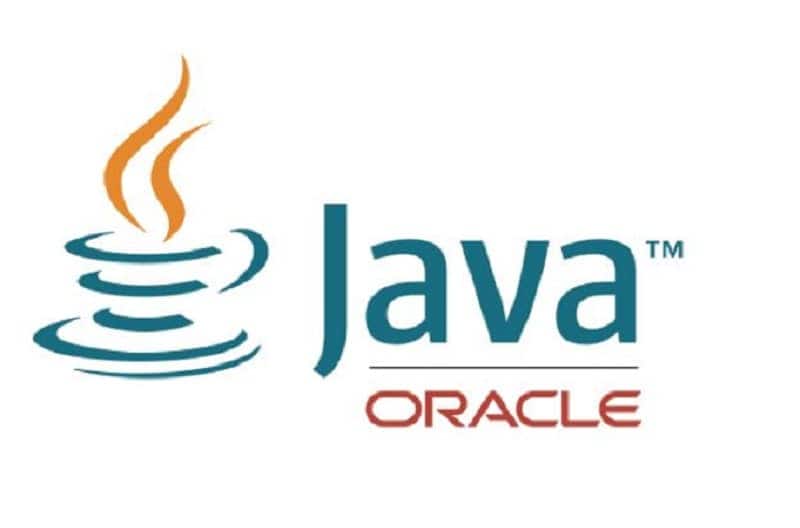
"According to the ITAM/SAM Survey Report 2025, no less than 73 percent of the organizations surveyed have undergone an Oracle Java audit in the past three years, prompting a search for alternatives."
"The latest licensing model change in early 2023 shifted the pricing structure from usage-based to employee-based, increasing costs significantly for many organizations."
"With 79 percent of organizations either switching to alternatives or planning to do so, motivations include not just cost savings but also reliability and independence from a single supplier."
"Many companies find themselves struggling with the complexity of Oracle’s licensing terms, leading to heightened compliance efforts and daily monitoring of Java usage to avoid risks."
The prevalence of Oracle Java audits is significant, with 73 percent of surveyed organizations experiencing one in the last three years. Rise in costs and complex licensing conditions drive companies to seek alternatives like OpenJDK. Recent changes in Oracle's pricing model impose fees based on total employee counts, further escalating expenses. As a result, organizations are investing in tools to manage Java usage while facing challenges with compliance and license interpretation. A majority of firms are departing from the Oracle ecosystem, citing motivations like cost savings and the need for reliability and supplier independence.
Read at Techzine Global
Unable to calculate read time
Collection
[
|
...
]